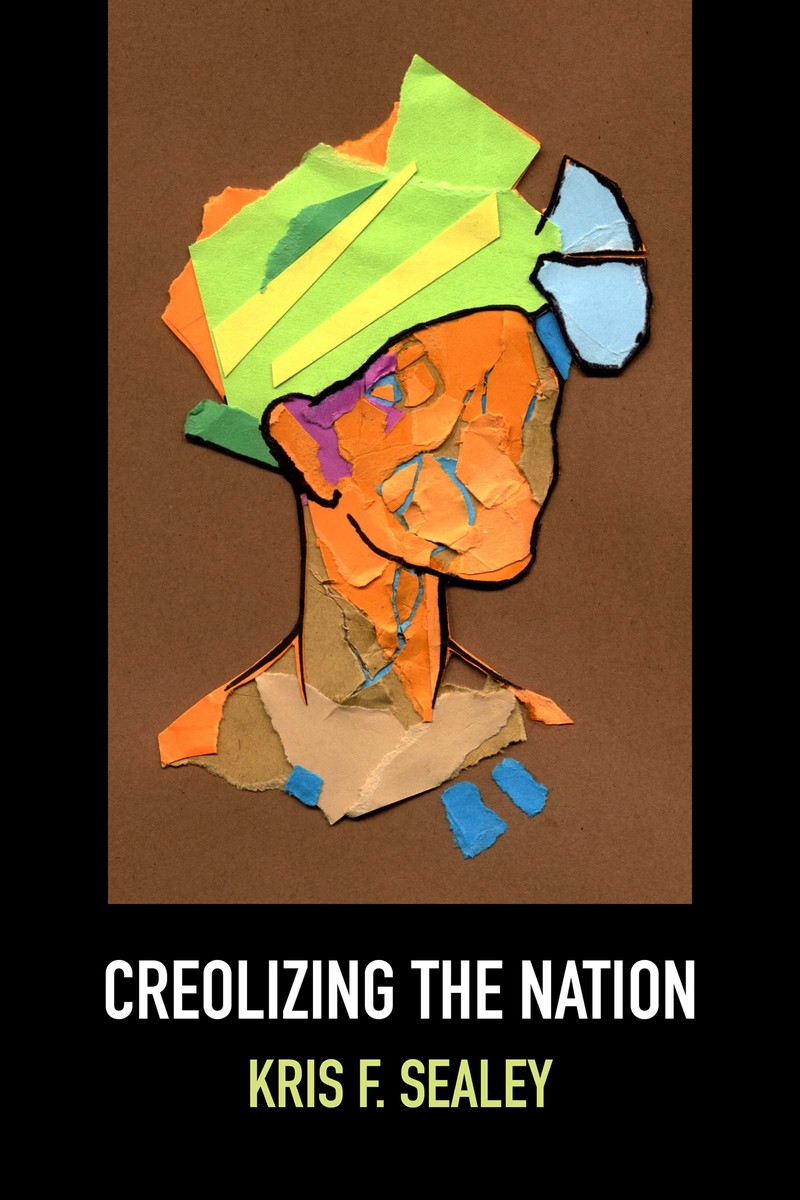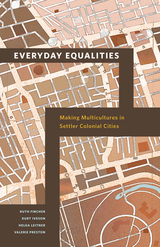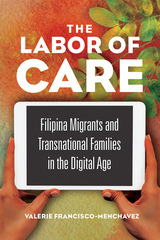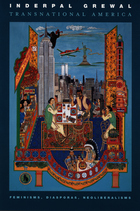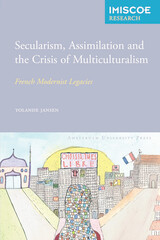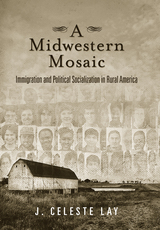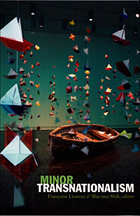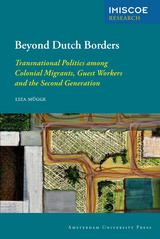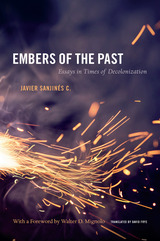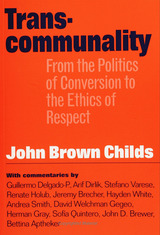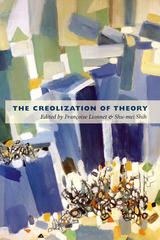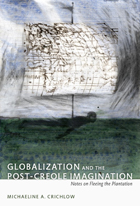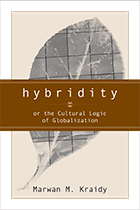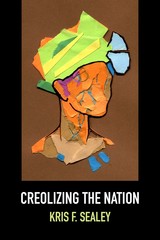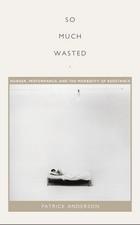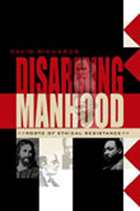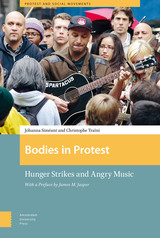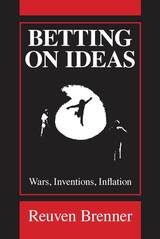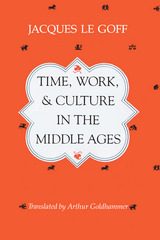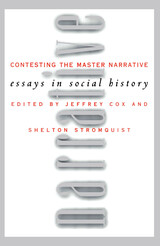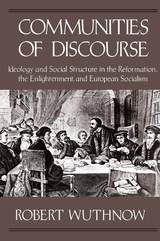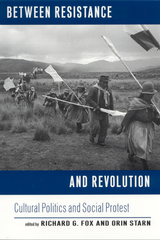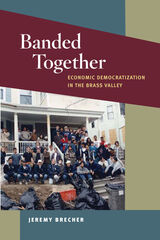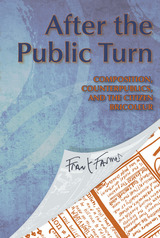"An important contribution to political theory and decolonizing philosophy. Highly recommended." —CHOICE
“A valiant effort to rescue the concept and role of the nation from those who would use it to marginalize and abuse. Charting a middle path between the monolithic forms of nationalism that seek to eliminate difference on the one hand, and the complete abandonment of any appeal to the nation on the other, Sealey draws on Caribbean and Latin American resources to argue that the nation must be understood in a creolizing way. Her rigorous yet engaging analysis allows her to offer a vision of the nation as a resource through which it becomes possible to build a more just, and ultimately more human community. This is an important and timely book.” —Michael J. Monahan, author of The Creolizing Subject: Race, Reason, and the Politics of Purity— -
“This book offers a brilliant articulation of the concept of creolization. Sealey’s thesis is that with this concept the nation state can be rethought and reconstructed rather than abandoned, since the creolization paradigm reveals that coloniality has never achieved hegemony—there has always been sabotage, cracks from below—and that all of our cultural formations are creolized in substantial ways. She further shows that creolization is not equivalent to cosmopolitanism but has significant advantages over the letter. A must-read.” —Linda Martín Alcoff, Rape and Resistance: Understanding the Complexities of Sexual Violation— -
“Creolizing the Nation is precisely the book we need. Kris Sealey’s rigorous philosophical argument for the significance of creolization as a critical concept—coupled with her extraordinary literacy in European, Caribbean, and Latinx theory—produces a moving and provocative account of the cultural and revolutionary politics at work in sites of difference. Grounded in key critical concepts, animated by a deeply ethical politics, and infused with the personal and the political, Sealey’s work transforms how we understand philosophical approaches to language, subjectivity, collectivity, and the nation. This is the very best of thinking in the twenty-first century. Trans-national in its citations, saturated with the complexity of difference in its concepts, and sensitive to nuance and specificity, this is a must-read for anyone interested in decolonizing philosophy and political theory.” —John Drabinski, author of Glissant and the Middle Passage: Philosophy, Beginning, Abyss
"Drawing on an impressive range of transnational scholars working in the areas of nationalism, colonialism, creolization, and Latina feminism, Sealey . . . demonstrates that creolizing practices can be understood as acts of anticolonial resistance that shape how the nation is imagined and provide opportunities for liberation and justice . . . This is an important contribution to political theory and decolonizing philosophy." —G. B. Osborne, University of Alberta, CHOICE
". . . the book as a whole stands as an important contribution to Anglophone philosophical literature on Glissant." —Thomas Meagher, Philosophy and Global Affairs
— -
